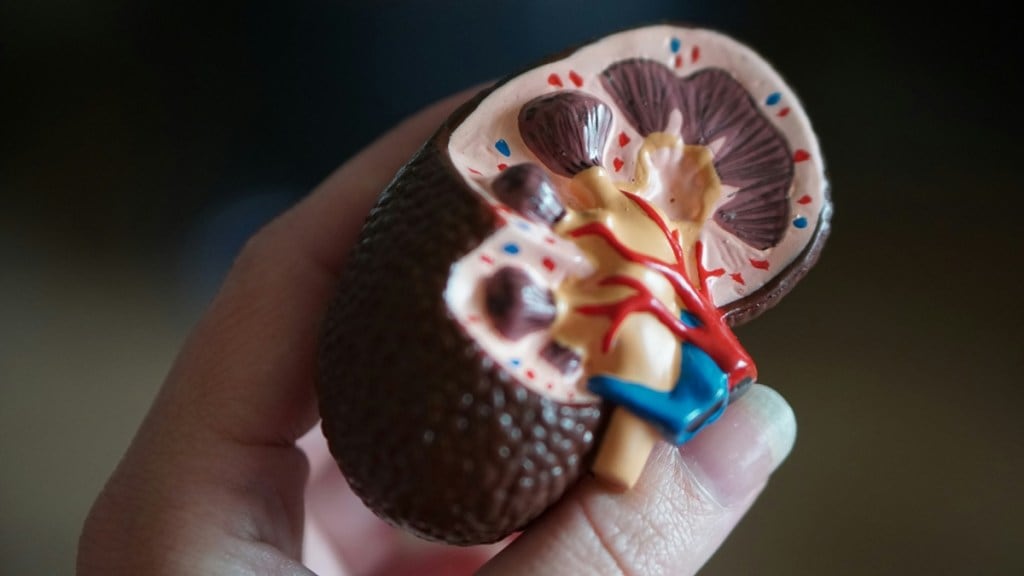Why stones form in the kidney is yet to be fully understood. Among the various factors that may contribute to kidney stone formation, vitamin D stands out as a significant contributor.
According to Dr. Amit Saple, Consultant Urologist, Asian Institute of Nephrology and Urology Vizag, vitamin D is a fat-soluble vitamin that is naturally present in a few foods, and available as a dietary supplement.
“It is also produced endogenously when ultraviolet (UV) rays from sunlight strike the skin and trigger vitamin D synthesis. Vitamin D plays a crucial role in calcium absorption and bone health, but its relationship with kidney stones is complex and multifaceted. Maintaining the right balance is key, as both vitamin D deficiency and excess can contribute to stone formation,” Dr. Saple told Financial Express.com.
How Vitamin D Affects Kidney Stones?
- Calcium Absorption: Vitamin D enhances calcium absorption in the intestines. While essential for bone health, excessive absorption can lead to increased urinary calcium levels, a primary risk factor for calcium-based kidney stones.
- Parathyroid Hormone (PTH): Vitamin D deficiency can trigger the release of PTH, which increases bone resorption and calcium release into the bloodstream, potentially elevating urinary calcium.
What are the risks?
- Vitamin D Deficiency: Insufficient vitamin D can disrupt calcium metabolism, leading to increased PTH levels and potential stone formation.
- Vitamin D Excess: High vitamin D levels can increase calcium absorption, raising the risk of hypercalciuria (high urinary calcium) and subsequent stone development.
What are the prevention strategies?
- Maintain Optimal Vitamin D Levels: Get regular blood tests to assess your vitamin D status. If deficient, consult a urologist for appropriate supplementation.
- Dietary Calcium: Consume adequate calcium from a balanced diet, such as dairy products, leafy greens, and fortified foods.
- Hydration: Drink plenty of fluids to dilute urine and reduce the risk of stone formation.
- Dietary Adjustments: Limit sodium intake, as it can increase urinary calcium excretion. Reduce consumption of animal protein, which can increase uric acid levels and contribute to uric acid stones.
- Lifestyle Factors: Maintain a healthy weight and engage in regular physical activity, as obesity and sedentary lifestyle can increase stone risk.
